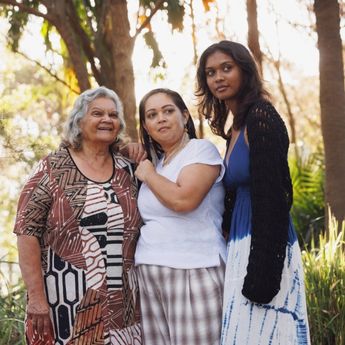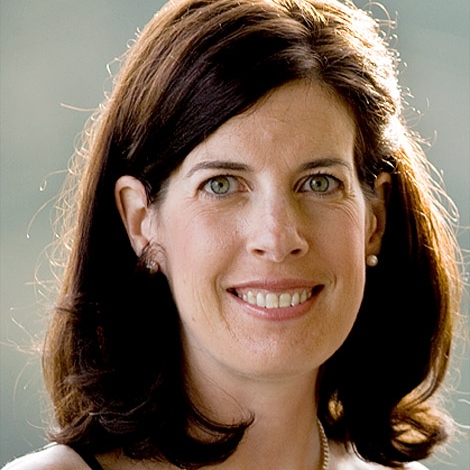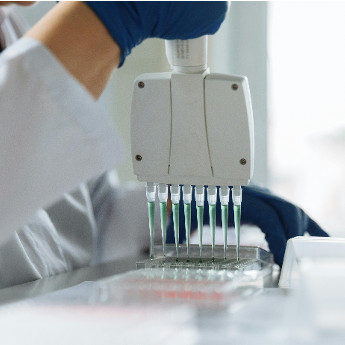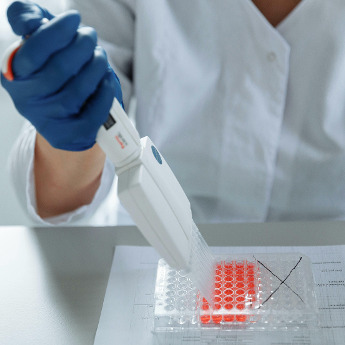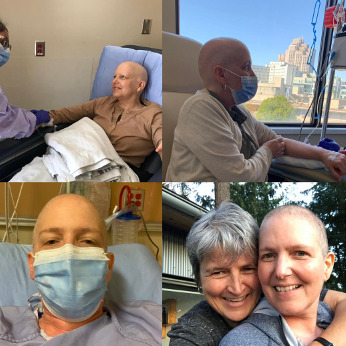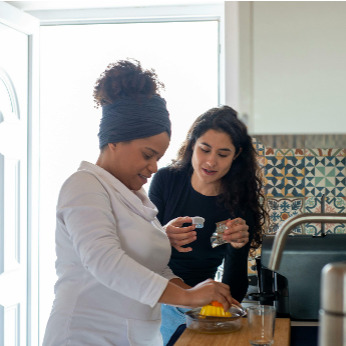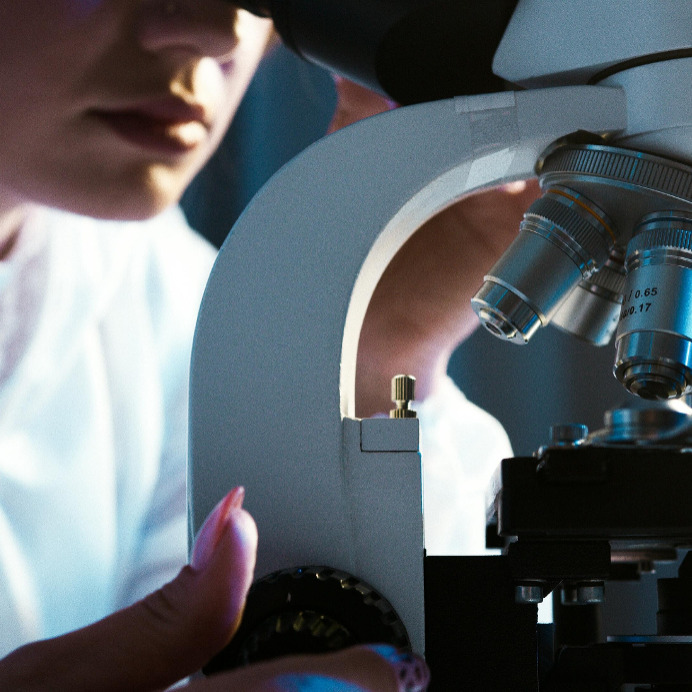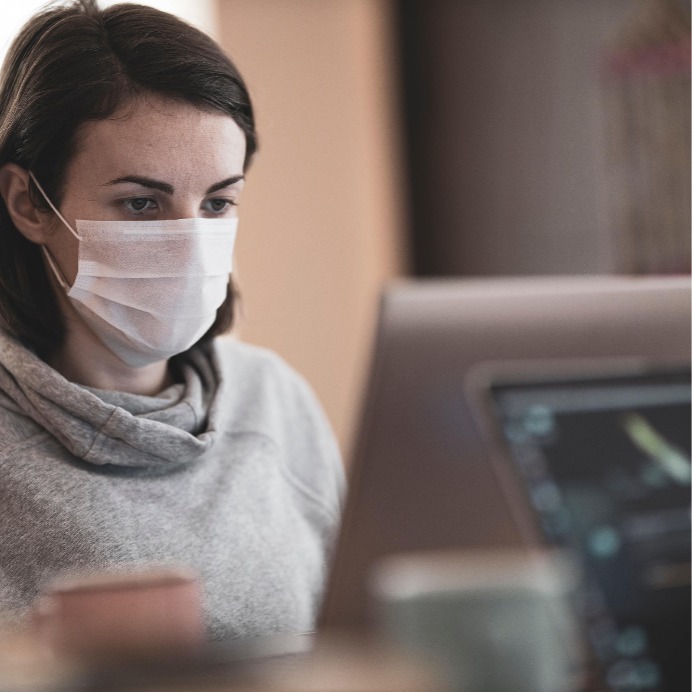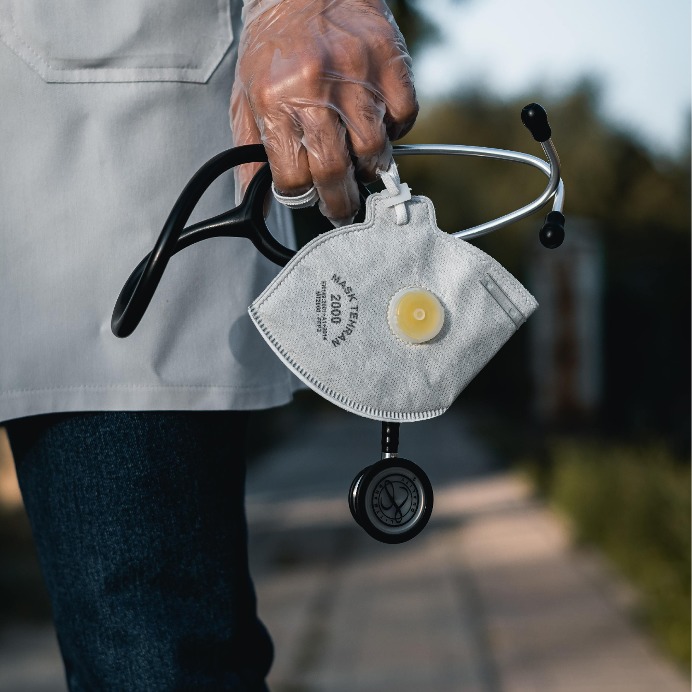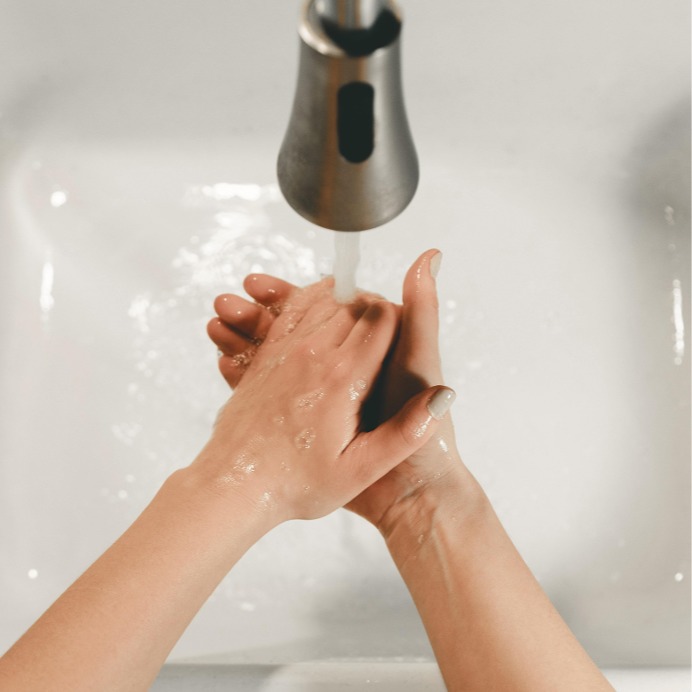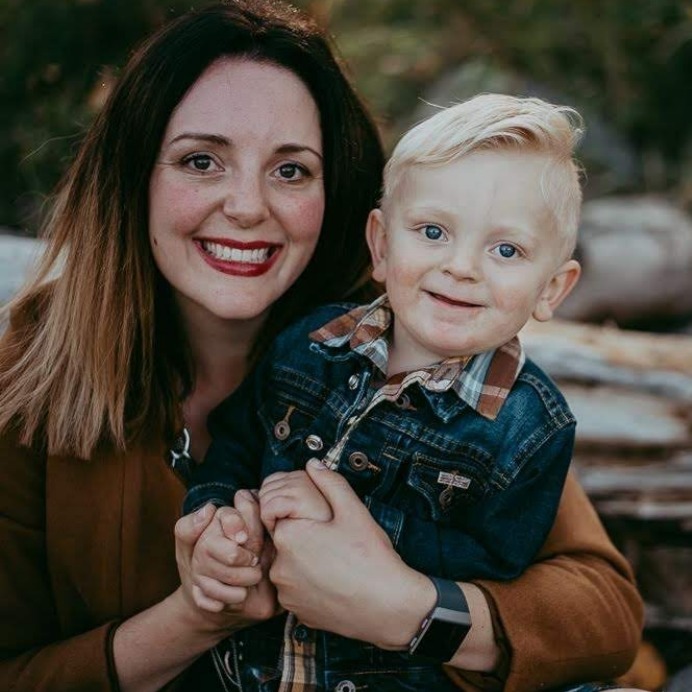By continuing to use our site, you consent to the processing of cookies, user data (location information, type and version of the OS, the type and version of the browser, the type of device and the resolution of its screen, the source of where the user came from, from which site or for what advertisement, language OS and Browser, which pages are opened and to which buttons the user presses, ip-address) for the purpose of site functioning, retargeting and statistical surveys and reviews. If you do not want your data to be processed, please leave the site.
The Voice of People With Breast Cancer
Education
Our Voices Blog
Tag : high risk
Assessing Eligibility to Access Genetic Testing in Canada: Jaclyn’s Access
Many aspects of healthcare access in Canada are based on where you live. Access to genetic testing for hereditary cancer is no exception. To assess and illustrate this, we reached out to our community and spoke to five women to map where they would and would not be eligible to access genetic testing in Canada in the present day. Let’s meet Jaclyn Carter and explore where she may or may not be eligible to access genetic testing for hereditary cancer in Canada.
Get Smart About Dense Breasts
This is what I used to think about my boobs before I was diagnosed with breast cancer: Perky. Full B-cups. Still look good without a bra. Pretty good descriptors, right? That’s because back then I liked my boobs. I had a happy, take-them-at-face-value relationship with them and it worked. Or at least I thought it did until I was diagnosed with breast cancer. Now, I know about and worry about all kinds of breast cancer-related things. Like, the fact that I have dense breasts.
Busting Breast Cancer Myths: Breast Cancer Only Affects White Women
It would be easy to assume that breast cancer is a disease that largely affects white women. Historically, Western research in the sciences and medical fields has focused on white men and women; a widespread and deeply rooted effect of colonialism. For example, two commonly used indicators for identifying breast cancer risk, body mass index (BMI) and breast density, are largely based on white populations and may not be as accurate for Black and Asian women.
Making Sense of Genetic Testing in Breast Cancer – Part 1: Understanding the Basics
Genetic testing has become an important tool in understanding breast cancer risk. Whether you’ve heard about BRCA1 and BRCA2 or are just beginning to learn about hereditary cancer, knowing the basics can help you and your family make informed choices. In this first part, we’ll explore what genetic testing is, how it works, and why it matters for breast cancer.
What Are the Other Breast Cancer Genes?
While mutations in the BRCA1 and BRCA2 genes are now well-publicized, there are other, lesser-known genetic mutations which can significantly increase the likelihood of developing breast cancer as well. Understanding these genetic risks allows individuals to make informed decisions about their health, from preventive measures to early detection strategies. Here, we discuss the lesser-known genetic mutations that can also impact the risk of developing breast cancer.
When to Ask Your Oncologist About Genomic Testing
Receiving a cancer diagnosis can feel like a rollercoaster ride, and it’s natural to have a million questions swirling in your mind. One of the most important ones is whether genomic testing could help inform your treatment. Here’s a quick guide on when to bring it up with your oncologist.
Navigating the Stop Signs: A Story of Genetic Testing
My mother was diagnosed with triple negative breast cancer at the age of 30, both of which are strong indicators of a genetic mutation. My mother was quick to expose my sisters and me to the danger we may face in young adulthood following her diagnosis.
My Genomics Journey as a Breast Cancer Patient
Today, I want to dive into the role genomics has played in my journey. As an MD specialized in genomics, this journey has been an eye-opener regarding the clinical implementation of genomics and the accessibility of genomic profiling for real patients in British Columbia, Canada, and beyond. There have been good surprises and also situations where I've directly faced barriers and limitations surrounding the clinical use and implementation of genomics.
TNBC: Who’s at Risk?
Treatment can be difficult for this type of breast cancer. Without receptors, triple negative tumors do not have the proteins they need to respond to common breast cancer treatments like hormone and targeted therapy, which are used for hormone-positive or HER2-positive breast cancer. Research shows that some people have a greater chance of developing triple-negative breast cancer (TNBC) if they are subject to certain risk factors.
History of the BRCA 1 & 2 Genes
Before it was known that genes could be linked to various cancers, 1970s research focused largely on viruses and their role in the development of cancer. With the knowledge that family history had an impact on cancer risk, Mary-Claire King, an American geneticist, began to theorize possibilities beyond viruses and started her mission in identifying the cause of breast cancer running in families.
Questions and Experts Session Guide: A Genetic Counsellor Answers Questions about Genetics and Genetic Testing
In today’s post, we provide the questions that were sent in and asked during the live session of our Questions and Experts session held in June 2022. In this session, Rachel Mador-House, a certified Genetic Counsellor, answered questions about genetics and genetic testing. In the parentheses, you’ll find the timestamp of where to find the question in the on-demand video.
The Impact of COVID-19 on Breast Cancer Patients Part 2: Impact of Your Cancer Treatment and Management on Your Immune System
The risk of a COVID-19 diagnosis for breast cancer patients is still not completely known. Studies have come that show that cancer patients are more at risk of adverse effects if they develop COVID-19. However, a few studies state that compared to other cancer patients, breast cancer patients are at a lower risk of serious illness. The stage of breast cancer also seems to play a role in one’s risk level.
What Your Oncologist Wants You To Know During The COVID-19 Crisis
Dealing with breast cancer is challenging at the best of times, but in this time of uncertainty and when our health care system is having to quickly adapt to the impact of COVID-19, cancer patients are facing increased challenges and changes to treatment schedules and doctors’ appointments. This can bring additional anxiety and questions around how these changes will impact the success of treatments.
How Handwashing and Social Distancing Can Keep You Safe
By now we've all heard the tips for how to stay safe during the COVID-19 pandemic: wash your hands, stay at home and practice social distancing. However, what might not be as widely shared and known is why and how these health tips help. While protecting yourself, your family and your community is important, equally important is understanding why you are being told to do certain things and how they help. Therefore, we’ve decided to explore the benefits and reasoning behind the two most repeated and shared mantras amidst the COVID-19 crisis.
Reducing the Risk of Hereditary Breast and Ovarian Cancer: One Woman’s Story
In October 2013, Allegra Kawa of Edmonton had surgery to remove both her breasts. She’s also considering surgery to remove her ovaries and uterus.



